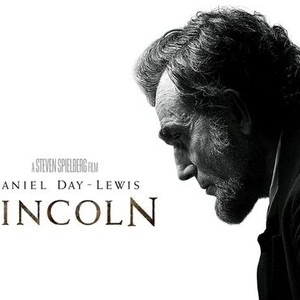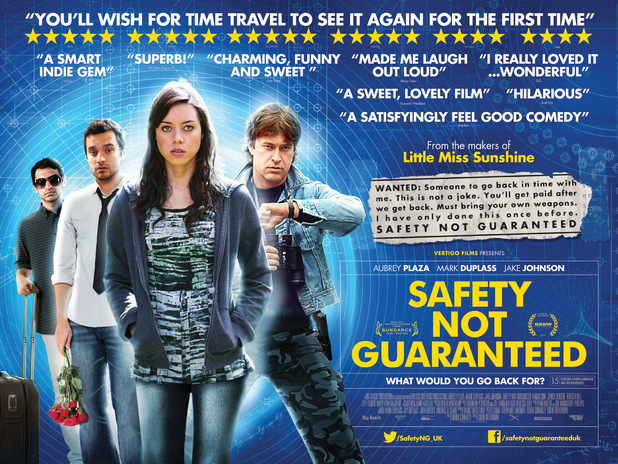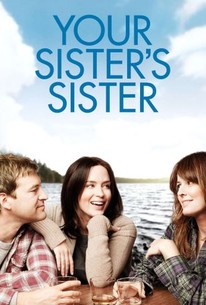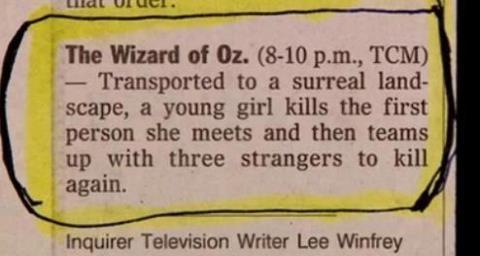

The previews for Lincoln filled me with ambivalence. Stephen Spielberg is a gifted filmmaker, yet his penchant for the glib and over dramatic is well-established, and what was presented in the trailers seemed overly earnest and self-important.
The first scene of the film did not help. President Lincoln surveys the troops. Two white soldiers (including, inexplicably, the peculiar looking Lukas Haas from Witness) unconvincingly quote the Gettysburg Address to him while a black soldier ahistorically makes demands on the president, such as equal pay for equal work. As the white soldiers fail in recitation, the black soldier delivers the full verse. And courtesy of John Williams, stirring horns blare.
The exchange feels wholly unrealistic. I was reminded of the great scene in Frost/Nixon where Sam Rockwell, playing the Nixon-hating James Reston, Jr., practices excoriating Tricky Dick upon their meeting, and then when his big moment comes:
Richard Nixon: [Reston swore to Zelnick earlier he would never shake Nixon’s hand] Pleasure to meet you. [Offers Reston his hand]
James Reston, Jr.: [after a pause, he shakily extends his own hand] Mr. President…
Bob Zelnick: [after Nixon leaves] Oh that was devastating, I don’t think he’s ever going to get over that.
James Reston, Jr.: Fuck off.
There’s none of that here. The black soldier is as comfortable as if he were speaking to his city councilman in 1987.
But Christy Lemire of The Huffington Post gets it right: “For anyone who cringed just a little while watching the trailer for ‘Lincoln’ and worried that it might be a near-parody of a Steven Spielberg film, with its heartfelt proclamations, sentimental tones and inspiring John Williams score, fret not.”
After its inauspicious start, Lincoln settles into a proficient, if overlong, political potboiler having more in common with Advise and Consent than grand, gauzy history. Lincoln needs to get the 13th Amendment passed in the House, but he is squeezed by moderate Republicans (led by Hal Holbrook as Preston Blair) who seek a negotiated peace with the South; radical Republicans (led by Tommy Lee Jones as Thaddeus Stevens) who distrust Lincoln’s expedience; and fiery Democrats who look for every advantage to stymie the bill. Lincoln works the room and the town trying to thread the needle of events and demonstrating not only his keen intellect and gift for homespun stories but a progressive mind that regularly churns.
As Lincoln, Daniel Day Lewis is masterful. The weight of his worry and the tragedies that have befallen him are etched in his face, yet his Lincoln is not merely an icon. Day Lewis communicates Lincoln’s anger, his canny sense for politics, his exasperation at his unstable wife (Sally Field), and his physical nature, not only with his children but with others to whom he instinctively feels fatherly. Field is also noteworthy, fleshing out Mary Lincoln and capturing her irrationality as well as her cunning.
There are some problems. While the history feels right, and most of it is indeed accurate, some of it is not, and in ways that matter. For the final vote on the amendment, free blacks pack the galleries and Mary Lincoln observes with her personal dressmaker, played by Gloria Reuben (who I have not seen since ER). This did not happen and it feels cheezy, part of a clear effort by the filmmakers to give agency where none existed.
Sometimes this works, as when Lincoln has a White House porch discussion with Reuben about the fate of blacks after the war. It is clearly a concoction but feels legitimate, especially when Lincoln says, “I don’t know you.”
Sometimes it doesn’t work, as in the opening scene. But you can feel Spielberg and screenwriter Tony Kushner trying mightily, mainly by use of the ennobled, stoic black.
They had to know Kate Masur’s New York Times op-ed about the film’s depiction of the the passivity of its black characters was coming (Masur suggests that perhaps the director could have shown Reuben and Lincoln’s black butler “leaving the White House to attend their own meetings”), but they did the film no favors in trying to head it off.
Tommy Lee Jones is also all wrong as Pennsylvanian Thaddeus Stevens. He’s either too Western, too Southern, or simply too rugged to play this man in this time. When he brings home the actual version of the final bill to read to his housekeeper and lover in bed, it was hard to stifle a groan. And the ending, where Appomattox, the assassination, and an inaugural speech flashback are quickly tacked on, is unwieldy.
Finally, it is time for Williams to hang it up. The score is a lazy rip-off of his work on Saving Private Ryan.
Criticism aside, The New Yorker dubs the film a civics lesson for children, and indeed it is (I brought both of mine to the movie and we had a great discussion afterwards). As one of my professors told me, history is in many ways the stories we tell about ourselves, and this is a story about ourselves told fairly well.










